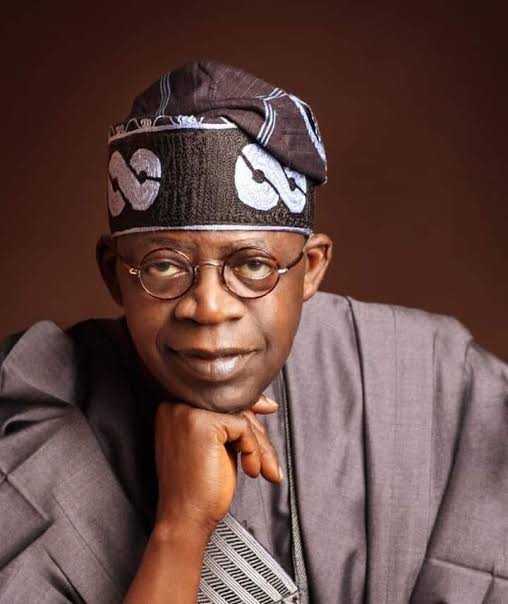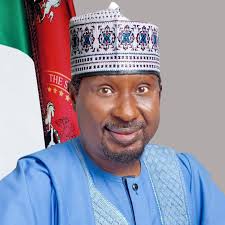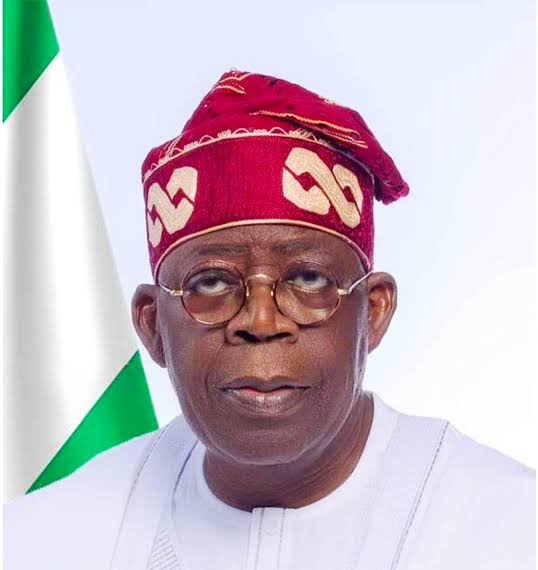About Our Leaders
Meet the visionary leaders behind Nigeria's most ambitious collaborative initiative - President Bola Ahmed Tinubu and Deputy President of the Senate Barau I. Jibril
A Historic Partnership
For the first time in Nigeria's democratic history, the executive and legislative arms of government have formed such a comprehensive collaborative partnership. This initiative represents a new model of governance that prioritizes citizen welfare over political divisions.
Together, President Tinubu and DPS Barau bring over four decades of combined experience in public service, economic management, and legislative leadership to create transformative programs that directly impact Nigerian lives.


Early Life and Education
Asiwaju Bola Ahmed Adekunle Tinubu was born on March 29, 1952, in Lagos into the merchant family of Abibatu Mogaji, the Ìyál'ọ́jà of Lagos. He attended St. John's Primary School, Aroloya, Lagos before proceeding to Children Home School in Ibadan.
In 1975, Tinubu arrived in the United States where he commenced undergraduate studies first at Richard J. Daley College in Chicago and then at Chicago State University where he majored in accounting and management. He worked various jobs including dishwasher, night security guard, and cab driver to support himself through college. He graduated summa cum laude with a Bachelor of Science in Business Administration in 1979.
Professional Career
After graduating, Tinubu worked as an accountant for American companies Arthur Andersen, Deloitte, and GTE Services Corporation. At Deloitte, he gained experience in auditing and management consultancy services for Fortune 500 corporations. He later moved to London where he was recruited as an auditor for Mobil Oil UK before joining Mobil Producing Nigeria Unlimited as a senior company executive and treasurer in the 1980s.
Political Journey
Tinubu's political career began in 1991 when he joined the Social Democratic Party. In 1992, he was elected to the Senate, representing Lagos West Senatorial District, where he chaired the Senate Committee on Banking, Finance, Appropriation, and Currency.
After the annulment of the June 12, 1993 presidential elections, Tinubu became a founding member of the pro-democracy National Democratic Coalition (NADECO). Following General Sani Abacha's seizure of power, Tinubu went into exile in 1994, returning in 1998 after Abacha's death.
Governor of Lagos State (1999-2007)
As Governor of Lagos State, Tinubu initiated significant infrastructure development, including new road construction to meet the needs of the fast-growing population. He survived the People's Democratic Party's massive takeover of southwestern states as the sole re-elected Governor of the Alliance for Democracy.
During his tenure, he received numerous awards including Best Governor in Nigeria for 2000 by the Nigerian-Belgian Chamber of Commerce and the Y2002 Best Practices Prize for improving the living environment by the Federal Ministry of Works and the UN Habitat Group.
Path to Presidency
In 2013, Tinubu was instrumental in creating the All Progressives Congress (APC) through the merger of Nigeria's three biggest opposition parties. He supported Muhammadu Buhari's successful presidential campaigns in 2015 and 2019, playing a crucial role in ending the 16-year rule of the PDP.
On March 1, 2023, Tinubu was declared winner of the presidential election, polling 8,794,726 votes. He was sworn in as the 16th President of Nigeria on May 29, 2023, beginning his transformative presidency focused on economic reforms and national development.
Presidential Achievements
Since assuming office, President Tinubu has implemented bold economic reforms including the removal of fuel subsidies, foreign exchange liberalization, and comprehensive restructuring of Nigeria's financial sector. His "Tinubunomics" approach focuses on sustainable economic growth and job creation.
